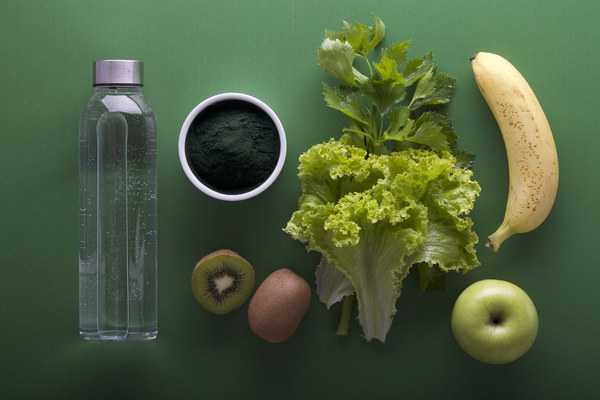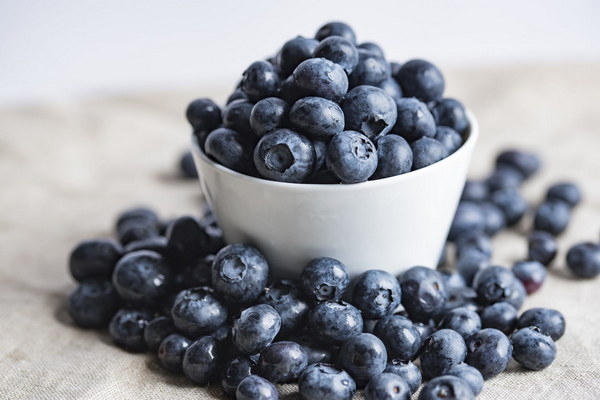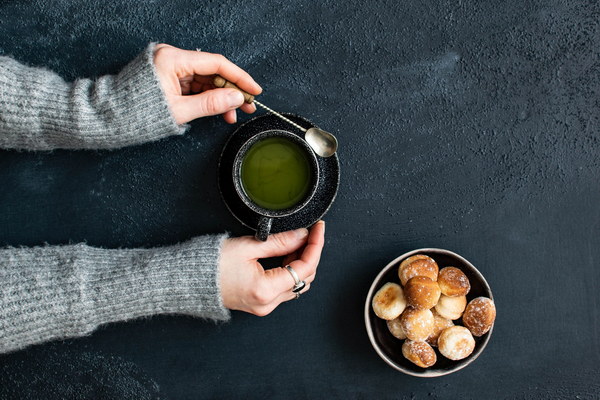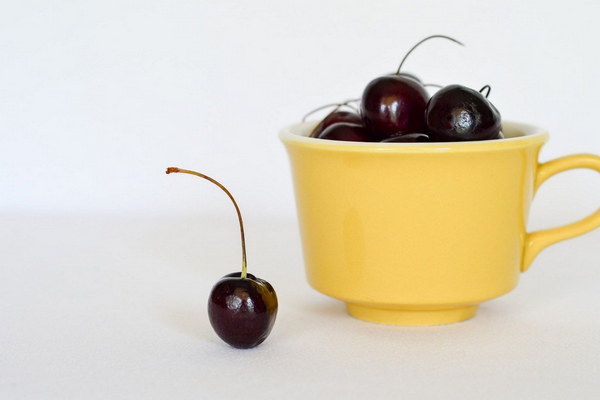Distinguishing Between 'Tonifying Qi and Blood' and 'Tonifying Qi' Understanding the Differences in Traditional Chinese Medicine
In Traditional Chinese Medicine (TCM), the concepts of tonifying qi and blood, and tonifying qi alone are crucial to maintaining the body's balance and health. While both aim to enhance overall well-being, they focus on different aspects of the body's vital energy, or qi. In this article, we will explore the differences between tonifying qi and blood, and tonifying qi alone, to help you better understand how TCM addresses these aspects of health.
First, let's define the terms:
- Tonifying Qi: This term refers to the practice of strengthening and balancing the body's vital energy, or qi. Qi is believed to be the fundamental life force that animates the body, and its proper flow and balance are essential for good health. When qi is deficient or imbalanced, various health issues can arise.
- Tonifying Qi and Blood: This concept encompasses both the practices of tonifying qi and blood. It focuses on addressing both the deficiency of qi and blood, aiming to enhance the overall vitality and health of the body.
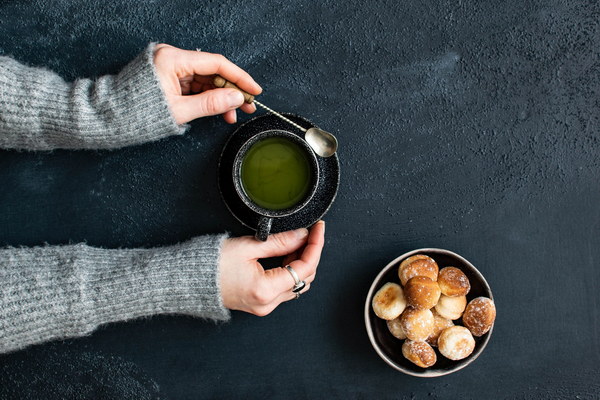
Now, let's delve into the differences between the two:
1. Focus of Treatment:
- Tonifying Qi: This approach primarily targets the body's qi, aiming to improve its flow, balance, and overall level. It is often used to treat conditions such as fatigue, weakness, and low immunity.
- Tonifying Qi and Blood: This method addresses both qi and blood deficiencies. It is commonly used to treat conditions where both qi and blood are weak, such as anemia, fatigue, and pale complexion.
2. Herbal Remedies:
- Tonifying Qi: Herbs used in this approach are generally aimed at enhancing qi. Common examples include Astragalus (Huang Qi), Codonopsis (Dang Shen), and Ginseng (Ren Shen).
- Tonifying Qi and Blood: Herbs used in this method are selected for their ability to tonify both qi and blood. Some popular examples include Angelica sinensis (Dang Gui), Sanguisorba officinalis (Shu Di), andPolygonum multiflorum (He Shou Wu).
3. Targeted Symptoms:
- Tonifying Qi: This approach is effective for symptoms like fatigue, weakness, and low energy levels.
- Tonifying Qi and Blood: This method is beneficial for a broader range of symptoms, including anemia, fatigue, pale complexion, dizziness, and palpitations.
4. Duration of Treatment:
- Tonifying Qi: The duration of treatment for tonifying qi may vary depending on the severity of the condition and the individual's response to treatment. Generally, it may take several weeks to notice significant improvements.
- Tonifying Qi and Blood: Since this method addresses both qi and blood deficiencies, the duration of treatment may be longer than that for tonifying qi alone. It is crucial to maintain a consistent and long-term approach to achieve the desired results.
In conclusion, while both tonifying qi and tonifying qi and blood are essential in TCM for promoting overall health and well-being, they differ in their focus, herbal remedies, targeted symptoms, and duration of treatment. Understanding these differences can help individuals choose the appropriate treatment approach based on their specific health needs and conditions. As with any medical treatment, it is always recommended to consult with a qualified TCM practitioner before beginning any new treatment regimen.
